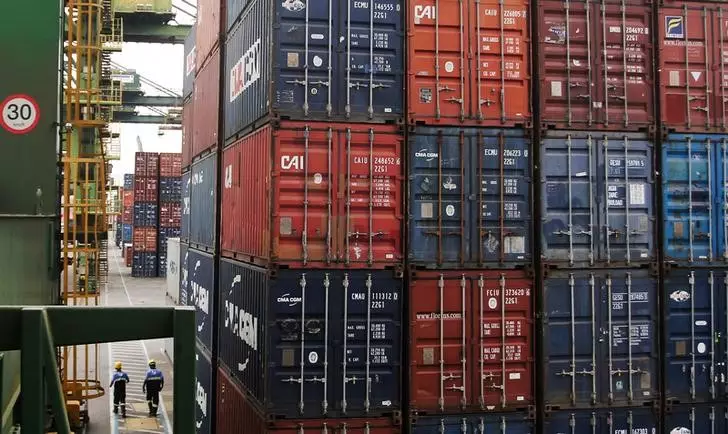Recently, Turkey and the Gulf Cooperation Council (GCC) have taken a significant step towards strengthening their economic ties by signing a deal to initiate negotiations for a Free Trade Agreement (FTA). This move comes after years of strained relations and signals a new era of diplomatic relations between Turkey and Gulf countries, particularly the United Arab Emirates (UAE) and Saudi Arabia.
The agreement aims to liberalize trade in goods and services, facilitate investments and trade, and ultimately increase overall trade between Turkey and the GCC region. According to Turkish Trade Minister Omer Bolat, this pact has the potential to create one of the largest free trade areas in the world, valued at $2.4 trillion. This will undoubtedly open up new opportunities for businesses and investors in both Turkey and the Gulf countries.
The significance of this agreement is underscored by GCC Secretary General Jasem al-Budaiwi, who described it as a demonstration of the strong and strategic partnership between the GCC countries and Turkey. This partnership extends beyond just economic cooperation and encompasses various areas such as commerce, economics, and finance.
As ties between Turkey and Gulf Arab nations continue to improve, there is a growing interest in leveraging Turkey’s expertise to help develop local industries and transfer technology. This collaboration is crucial for Gulf countries as they strive to diversify their economies and reduce their reliance on oil. The FTA will provide a platform for innovation and growth in key sectors across the region.
In addition to the FTA with the GCC, Turkey has also initiated talks with Britain to expand their existing trade agreement to include goods and services. This highlights Turkey’s commitment to strengthening its trade relations with key partners around the world and capitalizing on new opportunities for economic growth.
Overall, the Turkey-GCC Free Trade Agreement represents a significant milestone in the economic cooperation between Turkey and the Gulf countries. By fostering closer ties and promoting trade liberalization, this agreement has the potential to drive sustainable growth, create new investment opportunities, and pave the way for a more prosperous future for all parties involved.

